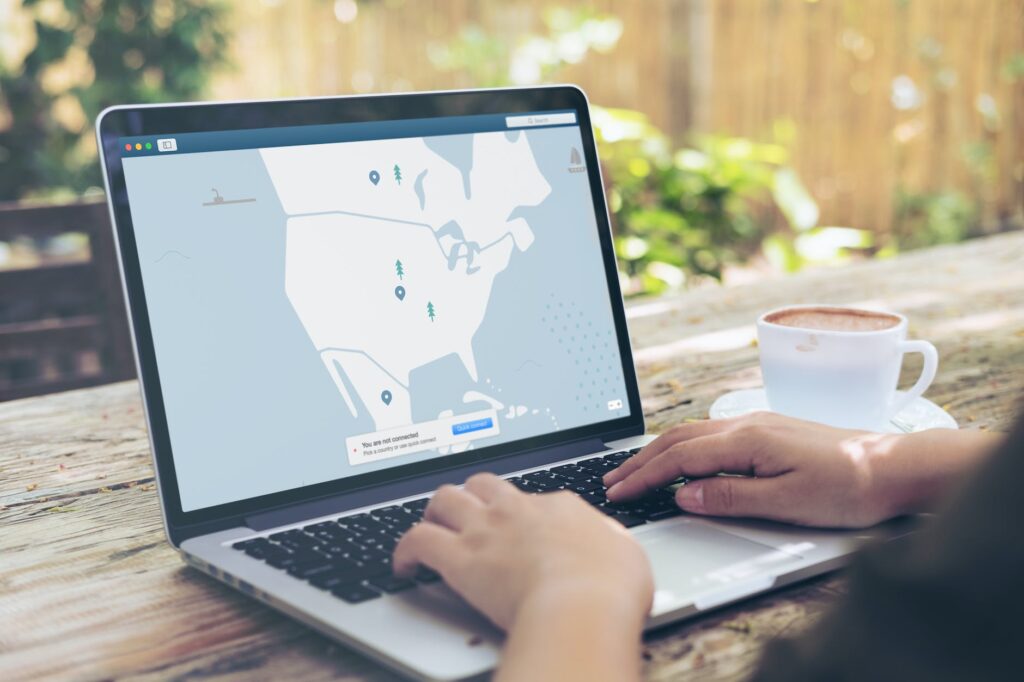Introduction
In the digital age, preserving online privacy and security is crucial. Virtual Private Networks (VPNs) have become essential for safeguarding personal data, bypassing content restrictions, and ensuring anonymous browsing. With numerous VPN options available, selecting the right one can feel overwhelming. This guide covers everything you need to know to choose the ideal VPN tailored to your needs.
What is a VPN?
A VPN (Virtual Private Network) creates a secure, encrypted connection between your device and a remote server managed by the VPN provider. This “tunnel” ensures your internet traffic remains private and secure, shielding it from hackers, surveillance, and other prying eyes. VPNs also mask your IP address, allowing access to content that might be restricted in your region.
Key Features to Consider When Choosing a VPN
1. Security Protocols
- Look for strong encryption standards like AES-256.
- Choose protocols such as OpenVPN, IKEv2/IPSec, and WireGuard for reliable security and performance.
2. Privacy Policies
- Opt for VPNs with a strict no-log policy to keep your data private.
- Check for third-party audits to verify the VPN’s privacy claims.
3. Server Locations and Speed
- A wide range of server locations enables access to global content.
- High-speed servers are essential for streaming and downloading large files smoothly.
4. User Interface and Compatibility
- A user-friendly interface ensures ease of use for both beginners and advanced users.
- Confirm that the VPN is compatible with your devices and operating systems.
5. Customer Support
- Reliable customer support is key for quick troubleshooting.
- Look for providers offering 24/7 support via multiple channels (e.g., chat, email, phone).
Types of VPNs
- Personal VPNs: Ideal for individuals seeking privacy while browsing or streaming.
- Business VPNs: Provide secure connections for employees accessing company networks remotely, protecting sensitive corporate data.
Benefits of Using a VPN
- Enhanced Security: Encrypts your internet traffic, protecting sensitive information from cyber threats.
- Privacy Protection: Hides your IP address and browsing activity from ISPs and advertisers.
- Bypass Restrictions: Access region-locked content by connecting to servers in different countries.
- Safe Public Wi-Fi Use: Secures your connection on public networks, minimizing data theft risks.
Potential Drawbacks
- Slower Connection Speeds: Encryption may cause a decrease in internet speed.
- Cost: High-quality VPNs generally require a subscription fee.
How to Set Up a VPN
Step 1: Select a VPN Provider
Choose a VPN that aligns with your security needs, budget, and device compatibility.
Step 2: Install the VPN Software
Download and install the VPN app or configure it manually following your provider’s instructions.
Step 3: Connect to a Server
Open the app and select a server location to start browsing securely.
Step 4: Customize Settings
Configure options like a kill switch and auto-connect for enhanced security.
VPNs and Streaming Services
VPNs can be used to access region-specific streaming services like Netflix, Hulu, and BBC iPlayer. For uninterrupted streaming, select a VPN known for bypassing geo-restrictions and offering high-speed connectivity.
Conclusion
Choosing the right VPN involves understanding your specific needs, evaluating key features, and ensuring compatibility with your devices. A reliable VPN will safeguard your online activities, enhance security, and provide unrestricted access to global content.
FAQ
What is a no-log policy?
A no-log policy means the VPN provider does not keep records of your online activities, maintaining your privacy.
Can I use a free VPN?
Free VPNs may compromise your security by collecting data or injecting ads. Opt for reputable paid services for better protection.
Will a VPN make me completely anonymous online?
While a VPN enhances privacy, it doesn’t guarantee complete anonymity. Additional measures (like using Tor) are required for heightened anonymity.
Is it legal to use a VPN?
VPN usage is legal in most countries. However, it’s important to comply with local laws and terms of service, especially in countries with internet restrictions.



